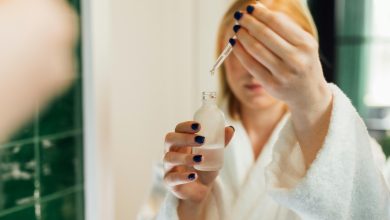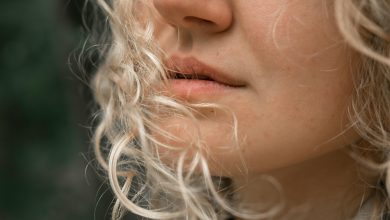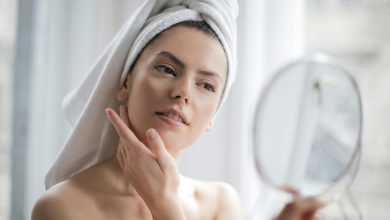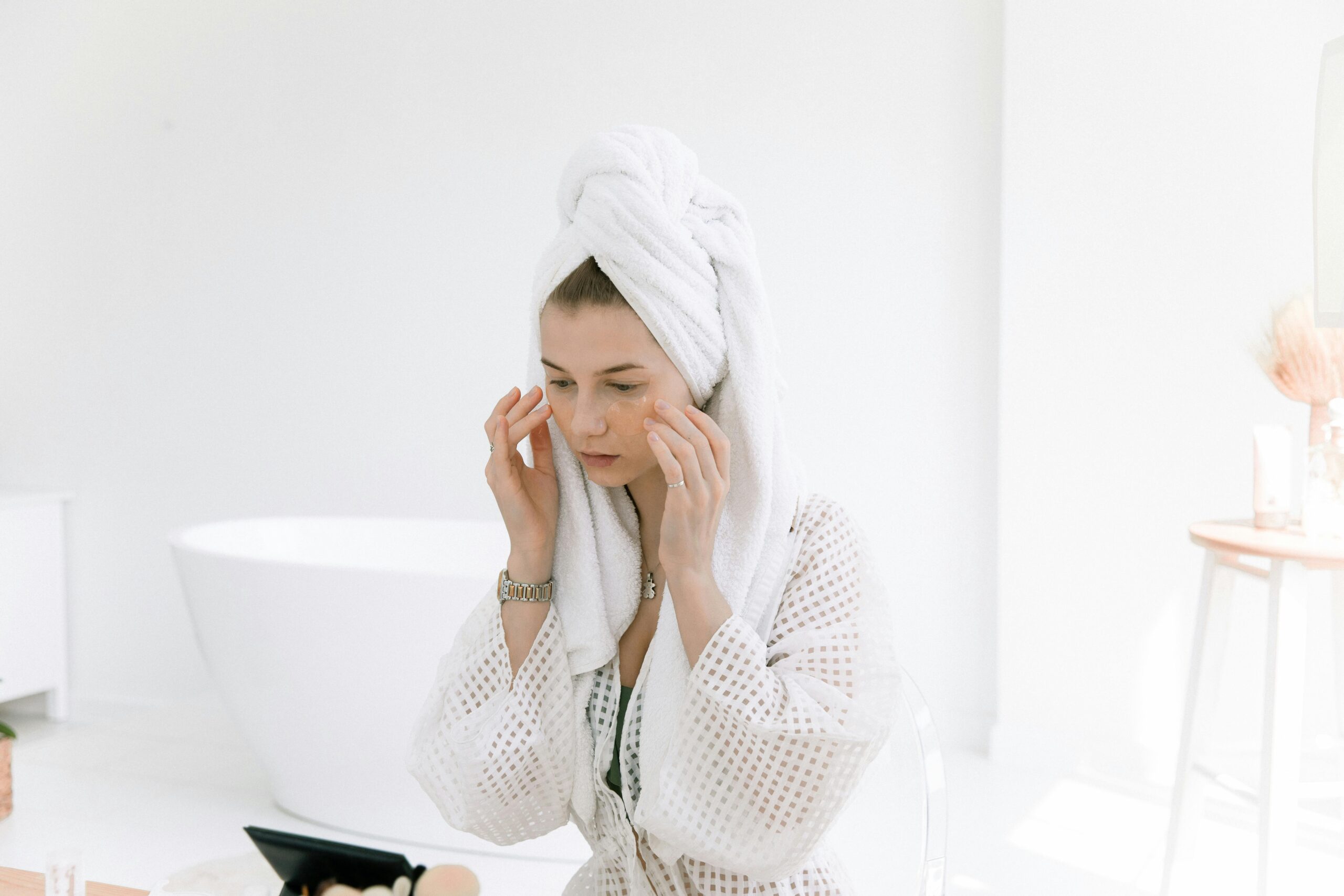Why is everyone talking about hypochlorous acid? Discover its benefits for the skin

You have probably heard about hypochlorous acid recently, as this ingredient, which comes in spray form, has gained widespread popularity, especially on TikTok. But, did you know that this acid was not discovered recently? In fact, it has been around for a long time and is naturally produced by the body to fight bacteria and inflammation. In recent years, this compound has garnered significant attention in the field of skincare due to its effective properties, such as treating acne and reducing skin redness. If you want to learn more about this acid and its uses, continue reading this article.
1- What is Hypochlorous Acid?
Hypochlorous acid, also known as HOCl, is part of the body’s immune system, naturally produced by white blood cells to fight infections and bacteria. This acid is also used in products like surface cleaners and disinfectants and has been found in skincare products that come in spray form. HOCl has antimicrobial and antiviral properties, meaning it can kill or inhibit the growth of bacteria, viruses, and fungi. Therefore, it is considered a potent acid that should be used in very small concentrations on the skin, which we will tell you about below.
2- Why is everyone talking about hypochlorous acid?
Hypochlorous acid has garnered significant interest on social media platforms, especially TikTok. Activists, particularly athletes, claim that these sprays prevent acne after workouts, reduce unpleasant odors, and disinfect equipment, thanks to its antimicrobial properties and its gentleness on the skin.
3- What are the benefits of hypochlorous acid?
In addition to combating acne, we will also tell you about the many other benefits it offers, including:
- Fighting the bacteria that cause clogged pores and acne, which helps improve skin appearance and reduce pimples.
- Speeding up the healing process of wounds and repairing damage like sunburns, thanks to its antiseptic and anti-inflammatory properties.
- Combating inflammation, skin redness, and conditions like eczema or psoriasis.
- Increasing hydration by helping to prevent dryness, making the skin look more radiant.
- Reducing dark spots due to its anti-inflammatory and antibacterial properties, which help improve skin health and promote cell renewal, allowing dark spots and pigmentation to fade.
- Eliminating odors and germs, as it can be used on the body after exercise to get rid of sweat odor.
4- What is the safe amount of hypochlorous acid to use on the skin?
Since hypochlorous acid is a potent acid, there is a specific concentration that should not be exceeded on the skin. The choice of concentration varies from person to person based on their skin type and condition. Those with normal, oily, dry, and sensitive skin can use it due to its numerous benefits. Concentrations ranging from 0.01% to 0.02% are considered safe and effective for most people. Those with sensitive skin may need to start with a lower concentration, such as 0.01%, to avoid irritation, while those with normal or oily skin can use a slightly higher concentration, such as 0.02%.
5-How is hypochlorous acid used?
Hypochlorous acid spray is completely safe for daily use. You can spray it directly after washing your face with a cleanser, if you feel sweaty at the beach, or even during and after workouts.
6- What are the side effects of hypochlorous acid?
As with any skincare product, everyone’s skin reacts differently, so some people may experience side effects like skin irritation, especially when using products with concentrations higher than 0.02%. Inhaling it directly or spraying it in enclosed spaces can lead to respiratory issues like coughing, shortness of breath, or a sore throat. Additionally, care should be taken not to spray it directly into the eyes or mouth.
7- Who should not use hypochlorous acid?
As with any skincare product, some individuals may be more sensitive to hypochlorous acid than others and may experience mild irritation. Therefore, individuals who have a known sensitivity to chlorine or hypochlorite should avoid using HOCl.



